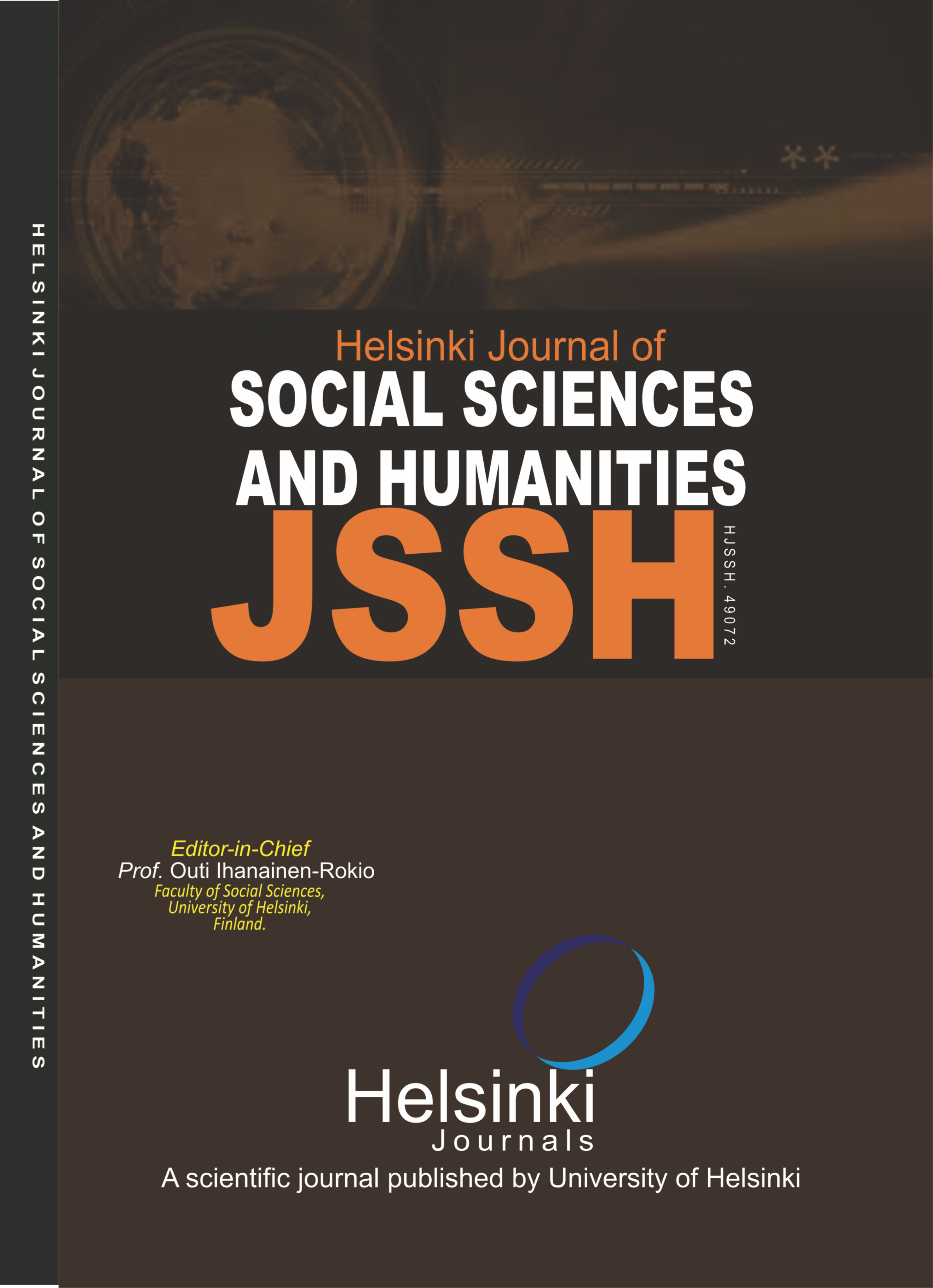HELSINKI JOURNAL OF SOCIAL SCIENCES AND HUMANITIES (HJSSH)
LIFE GROWTH OF CURRICULUM IDEOLOGICAL AND POLITICAL EDUCATION FROM THE PERSPECTIVE OF POSITIVE PSYCHOLOGY
E-ISSN: 7764-9221
P-ISSN: 3442-3567
DOI: https://iigdpublishers.com/article/828
The fundamental task of curriculum ideological and political education is to cultivate morality and virtue. As a discipline concentrating on individual development, positive psychology advocates a positive connotation of life and a proactive behavioral orientation. From the perspective of positive psychology, course-based political education should pay attention to every individual, emphasize the stimulation of students' potential, enhance students' sense of life meaning, and promote student development. In the process of integrating political education elements into course teaching, it is crucial to focus on cultivating students' positive attitudes, guiding them to experience and appreciate positive emotions and feelings, and strengthening positive behaviors. In this process, in combination with the characteristics of the course and teaching content, it is essential to cultivate students' positive values, enrich their moral literacy, guide them in establishing and maintaining harmonious interpersonal relationships, and value the role of social support.
Yuntian Xie
Chen, L., & Zhang, Z. (2021). Community participation and subjective wellbeing: mediating roles of basic psychological needs among Chinese retirees. Frontiers in Psychology, 12, 743897.
Greenaway, K. H., Wright, R. G., Willingham, J., et al. (2015). Shared identity is key to effective communication. Personality and Social Psychology Bulletin, 41(2), 171-182.
Huang, X., Hu, N., Yao, Z., & Peng, B. (2022). Family functioning and adolescent depression: A moderated mediation model of self-esteem and peer relationships. Frontiers in Psychology, 13, 962147.
Keller, J., Bless, H., Blomann, F., et al. (2011). Physiological aspects of flow experiences: Skills-demand-compatibility effects on heart rate variability and salivary cortisol. Journal of Experimental Social Psychology, 47(4), 849- 852.
Kristjánsson, K. (2012). Positive psychology and positive education: Old wine in new bottles? Educational Psychologist, 47(2), 86-105.
